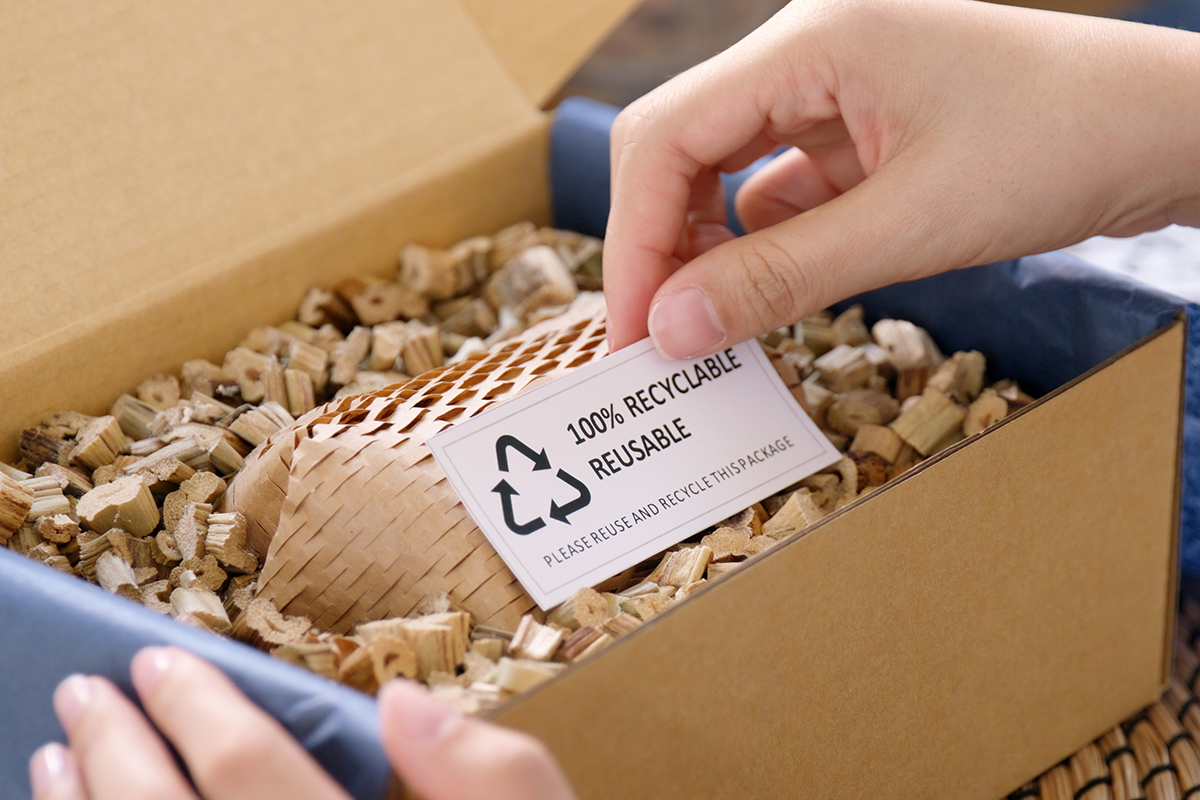
The 2024 Impact Report says $5 billion in materials stayed in circulation, avoiding 25.2 million metric tons of emissions across the Closed Loop portfolio. | Chay Tee/Shutterstock
Closed Loop Partners investments and portfolio companies have helped keep more than $5 billion worth of materials and products in circulation since the firm was founded, according to its newly released 2024 Impact Report.
The New York City-based investment firm reported that its activities through 2024 kept 15.9 billion pounds of materials in use. The company manages more than $575 million in assets across venture capital, private equity and catalytic credit strategies, alongside its innovation hub and operating group.
Founder and CEO Ron Gonen framed the report as a look back at a decade of progress and a preview of challenges ahead. He noted that disruptions in supply chains and shifts in global markets have opened opportunities for domestic manufacturing and resource efficiency of circular materials.
The report highlighted Closed Loop’s three-part platform: Closed Loop Capital Management, the Center for the Circular Economy, and Closed Loop Builders. The capital management arm made more than 20 investments in 2024, bringing its total to 90 businesses backed. The innovation center led consortia on reusable packaging, compostable materials and retail bag waste. The builders group expanded Circular Services, a recycling operator that managed more than 3 billion pounds of material last year through 27 facilities in 11 states.
The firm spotlighted several regions where circular systems have taken root. In the Midwest, loans and partnerships financed curbside cart rollouts, facility expansions and upgrades that boosted recovery of polypropylene, PET and other materials.
In the Southwest, Circular Services scaled its footprint in Arizona, Texas and Alabama, operating highly automated facilities. On the West Coast, a citywide reusable cup project in Petaluma, California, surpassed the environmental break-even point, while bag reduction pilots in Denver and Tucson eliminated millions of single-use plastics.
Nationally, the firm reported large-scale field testing of compostable packaging, new acceptance of PE-coated paper cups at more than 40 paper mills and the launch of a consortium to recover small-format packaging.
Gonen said the coming years will require continued attention to local systems that can scale nationally and connect globally. The firm pointed to synthetic biology, robotics and artificial intelligence as technologies poised to accelerate material recovery, while stressing that collaboration across industries will be essential to reach a waste-free economy.

